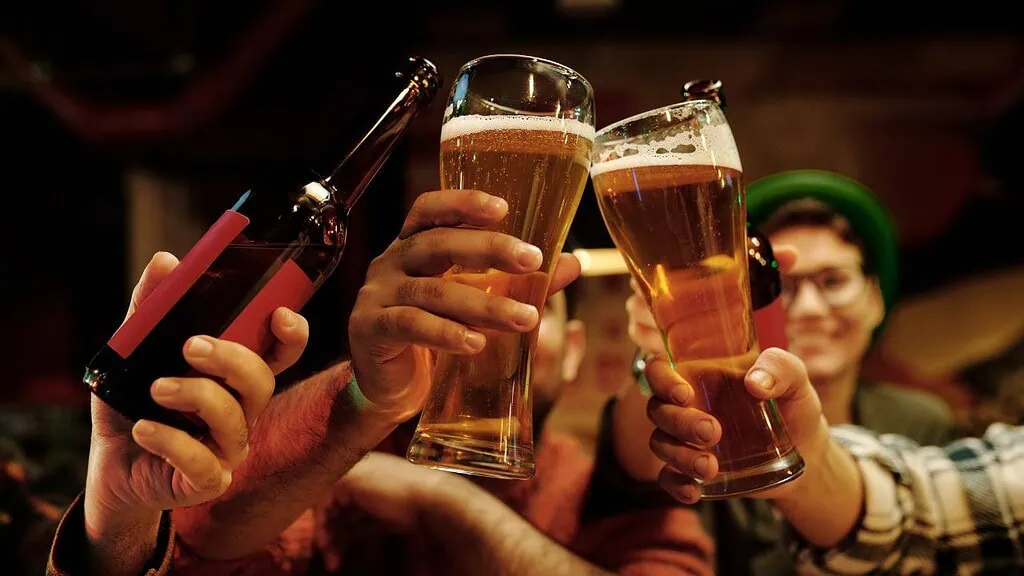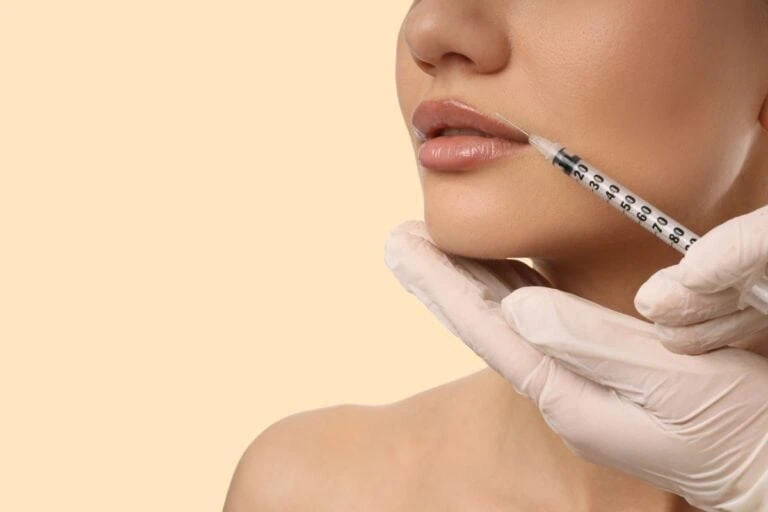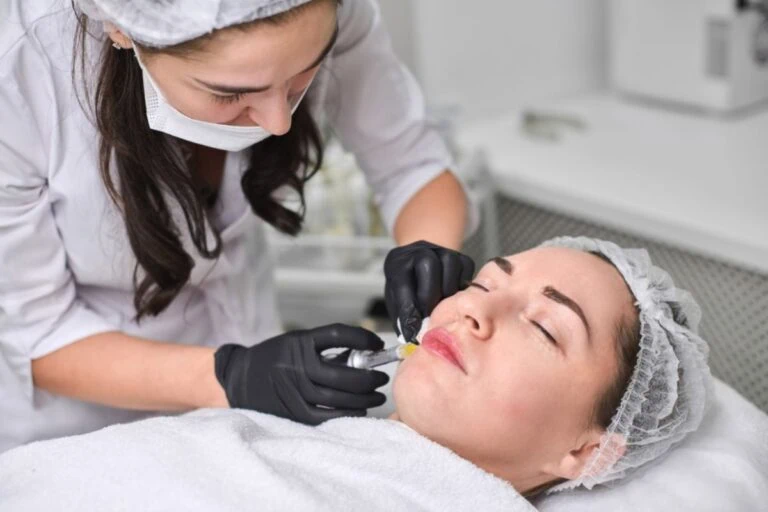
Alcohol can be harmful to your teeth in several ways, increasing the risk of cavities and other oral health issues. While you might already know that sugary drinks and poor hygiene contribute to tooth decay, alcohol can be a hidden culprit in the battle against cavities. Here’s how alcohol affects your oral health:
- Dry Mouth (Xerostomia)
One of the most significant ways alcohol contributes to cavities is by causing dry mouth. Alcohol acts as a diuretic, which reduces saliva production. Saliva is essential for keeping the mouth moist and protecting your teeth. It helps neutralize acids, wash away food particles, and fight bacteria. When saliva production decreases, bacteria can thrive in the mouth, leading to plaque buildup and an increased risk of cavities. - Increased Acidic Environment
Many alcoholic beverages, such as wine, beer, and cocktails, are acidic. Regular exposure to acidic drinks can wear down tooth enamel, the protective outer layer of your teeth. Once enamel is eroded, your teeth become more vulnerable to decay. The more acidic the drink, the more damage it can cause. This is especially true for sugary cocktails that not only lower pH but also introduce sugars that bacteria feed on. - Sugar and Bacteria
Alcoholic beverages, especially sweet wines, cocktails, and liqueurs, are often loaded with sugar. When sugar sits on your teeth, it feeds harmful bacteria in your mouth, which then produce acids that attack enamel. These sugars can stick to your teeth, and if they’re not cleaned off properly, they contribute to cavities and other dental issues. - Neglecting Oral Hygiene
When we drink alcohol, we’re often less likely to maintain our oral hygiene habits. After a night of drinking, brushing and flossing might be the last thing on your mind. This negligence allows plaque and bacteria to accumulate on your teeth, further contributing to the formation of cavities.
Can Hydration IV Drip Help?
Yes, a hydration IV drip can be beneficial for your oral health, especially when it comes to mitigating some of the negative effects alcohol has on your mouth. Here’s how:
Restoring Saliva Production
Alcohol is a diuretic, meaning it promotes urine production and can lead to dehydration, which in turn reduces saliva flow. As saliva is crucial for maintaining oral health—helping to neutralize acids, wash away food particles, and protect teeth from harmful bacteria—a hydration IV drip can help restore hydration levels in your body, which may assist in improving saliva production. This can reduce your risk of dry mouth, which can contribute to cavities and bad breath.
Rehydrating the Body
Hydration IVs are designed to rapidly rehydrate your body by delivering fluids and electrolytes directly into your bloodstream. This is especially useful after alcohol consumption, as it helps replenish lost fluids and restores your body’s natural balance more effectively than drinking water alone. By staying hydrated, you can help prevent some of the negative oral effects, like dry mouth and reduced enamel protection.
Flush Out Toxins
The hydration from an IV drip can also help flush out the toxins from alcohol consumption more effectively. This can support your body in recovering faster from the dehydrating effects of alcohol, which might help maintain overall oral health by allowing your body to function optimally.
Supporting Overall Health
Good hydration supports overall health, including your immune system. With better overall health, your body can fight off harmful bacteria in the mouth more effectively, reducing the likelihood of plaque buildup and cavities.
Preventing Alcohol-Induced Cavities
If you enjoy a drink, there are ways to minimize the risk to your teeth:
- Stay Hydrated: Drink plenty of water to help keep your mouth hydrated and promote saliva production.
- Limit Sugary Cocktails: Opt for alcohol without added sugars and mix drinks with sparkling water or soda to minimize acid exposure.
- Brush and Floss Regularly: Make sure to brush your teeth at least twice a day and floss to remove plaque and food particles.
- Use Fluoride Toothpaste: Fluoride helps strengthen enamel and protect against cavities.
While alcohol may seem harmless, its long-term effects on oral health can be significant. By taking proper precautions and maintaining good oral hygiene, you can enjoy your drinks while keeping your smile healthy.
Click here to explore more about our IV Therapy.
See more details: Our services


